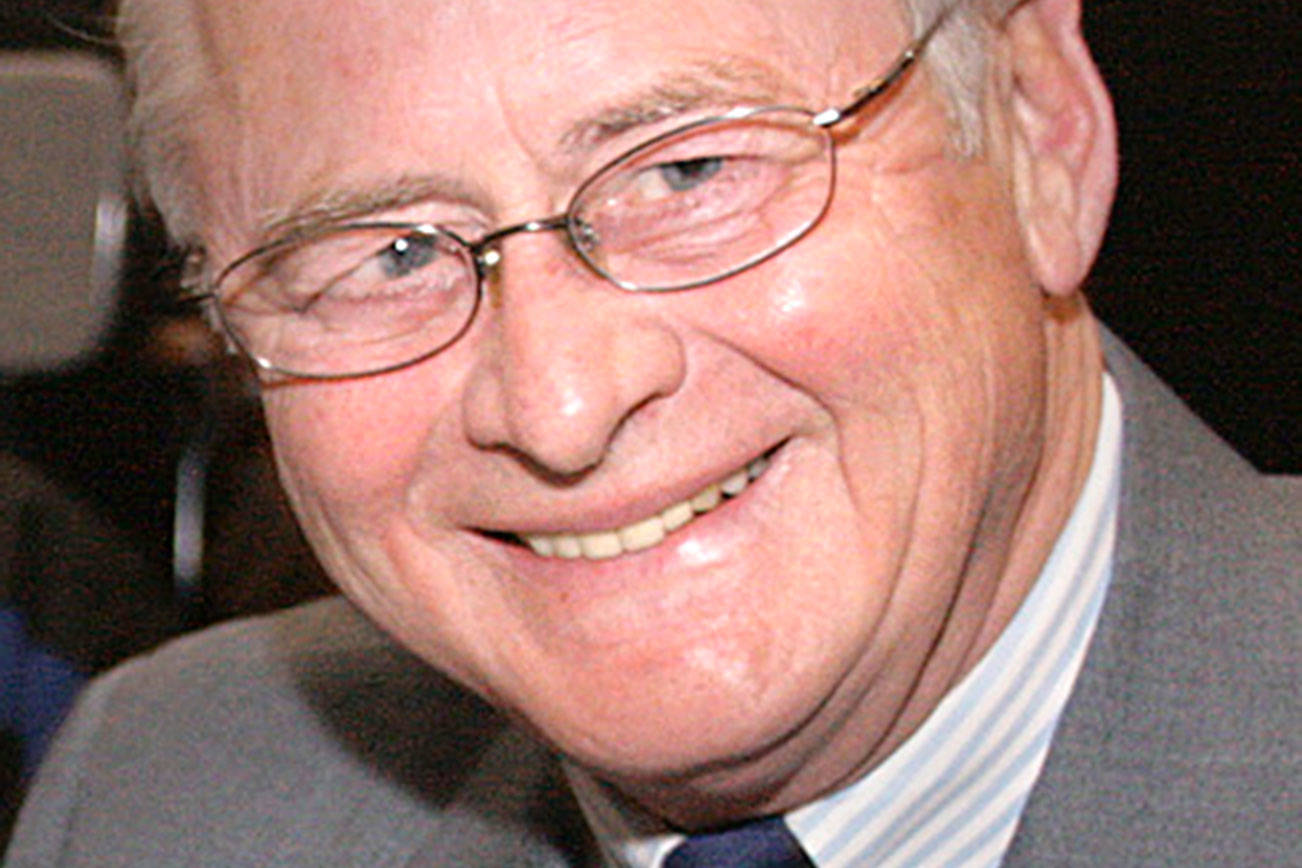I said in an earlier column that this legislative session would be like no other. I was mainly speaking of the changes required by COVID-19.
But with a more progressive membership and agenda, one media outlet called Democrats’ accomplishments this legislative session “historic.” With control of both Houses and the governor’s office, along with supportive public sentiment and a newfound level of commitment, the Democrats pushed the envelope. It will be interesting to see how Republicans and the public react as the elections and the next legislative session loom in 2022.
COVID-19 was the highest priority, and after many years of underfunding, the Legislature increased spending for the state’s public health system. Bills helping those at the lower end of the economic scale were passed, including a tax credit, along with bills to improve protections for tenants, providing them with the right to legal counsel when facing eviction. They passed the Fair Start for Kids Act, which makes child care more affordable and accessible.
Police accountability was a high priority. Bills were passed to ban chokeholds and no-knock warrants, and set some limits on the use of military equipment . Use of tear gas was limited and can only be used with the approval of the highest elected official in each jurisdiction. Lawmakers also passed a bill creating the Governor’s Task Force on Independent Investigations of Police Use of Force, and broadened the ability to de-certify police officers engaged in misconduct.
Two bills that are certain to surface as fodder in next year’s elections: Democrats restored felons’ right to vote immediately upon release from prison, and they banned open carry on the Capitol campus and at permitted demonstrations.
After years of complaining about the state’s regressive tax structure, the no longer timid Democrats passed a capital gains tax, which taxes the wealthy and benefits the poor. It will likely be subject to legal challenge.
Gov. Jay Inslee has wanted to make an impact on the environment and climate change, and he finally did. Legislation was passed to create a cap on greenhouse emissions. A low carbon fuels standard was passed, though Republicans believe that action could bring higher gas taxes.
For good measure, the Democrats made sure that citizens saw they were serious about major changes, not incremental ones. They passed laws banning private prisons, established Juneteenth as a state holiday, prohibited the use of Native American mascots for school athletic teams, and created an office to coordinate cybersecurity efforts.
The legislative success alone in one topical area would have been enough to call the session a success, but taken as a total, it was impressive work.
As regular followers of the Legislature can attest, this was a huge year for progressive views to advance. But as successful as it was for progressives, it also provided conservatives with many talking points and sound bites that will surface in advance of the next legislative session. The next session will be shorter so that incumbents can get home to campaign.
Republicans made good arguments that readers will hear more about, but they were outnumbered. Republicans tried to limit Inslee’s authority over COVID-19, argued against more taxes, and will accuse the Democrats of over-reaching. Sound bites, as part of a brief message, tend to favor the speaker.
Working with veteran legislators, many new legislators of color from the suburbs played a significant role in advancing new laws. Among those Democrats who stood out were State Representatives Jesse Johnson, Jamila Taylor, Debra Entenman, My-Linh Thai and Pat Sullivan, along with Senators Jamie Pederson, Mona Das, Karen Keiser and T’wina Nobles. Each had good sessions either with legislation or leadership .
Political followers of campaigns are going to hear the phrase “Seattle Democrat” a lot in the next 18 months to describe suburban Democrats running for re-election in 2022. It isn’t intended as a compliment, and will be used to try and equate suburban Democrats with their more liberal counterparts in Seattle in a negative manner.
Being called a “Seattle Democrat” is intended to send a message that conjures up a city run amok, with homelessness everywhere and unruly mobs out of control attacking the police. In politics, perception sometimes becomes “reality.” While not fully accurate, that was the perception of many suburban voters after last year’s television coverage and demands to defund police. Most suburban progressives simply wanted to reimagine police, rather than defund police, and wanted police to be helpful when engaged with residents of color.
The campaigns will be fun to watch, and it will be fun to keep track of the legal challenge to the capital gains tax. Also, don’t expect the 2022 session to include as many changes as this year, but the session will have significant political meaning to the elections that follow.
Suburban Democrats tend to be a little more cautious because they represent a more politically balanced set of constituents, which includes conservatives, moderates and some liberals. In Seattle, there are fewer conservatives, and most everyone has a progressive to liberal lean.
In looking at the totality of what was accomplished, this was definitely a session like no other.
Federal Way resident Bob Roegner is a former mayor of Auburn. Contact bjroegner@comcast.net.



